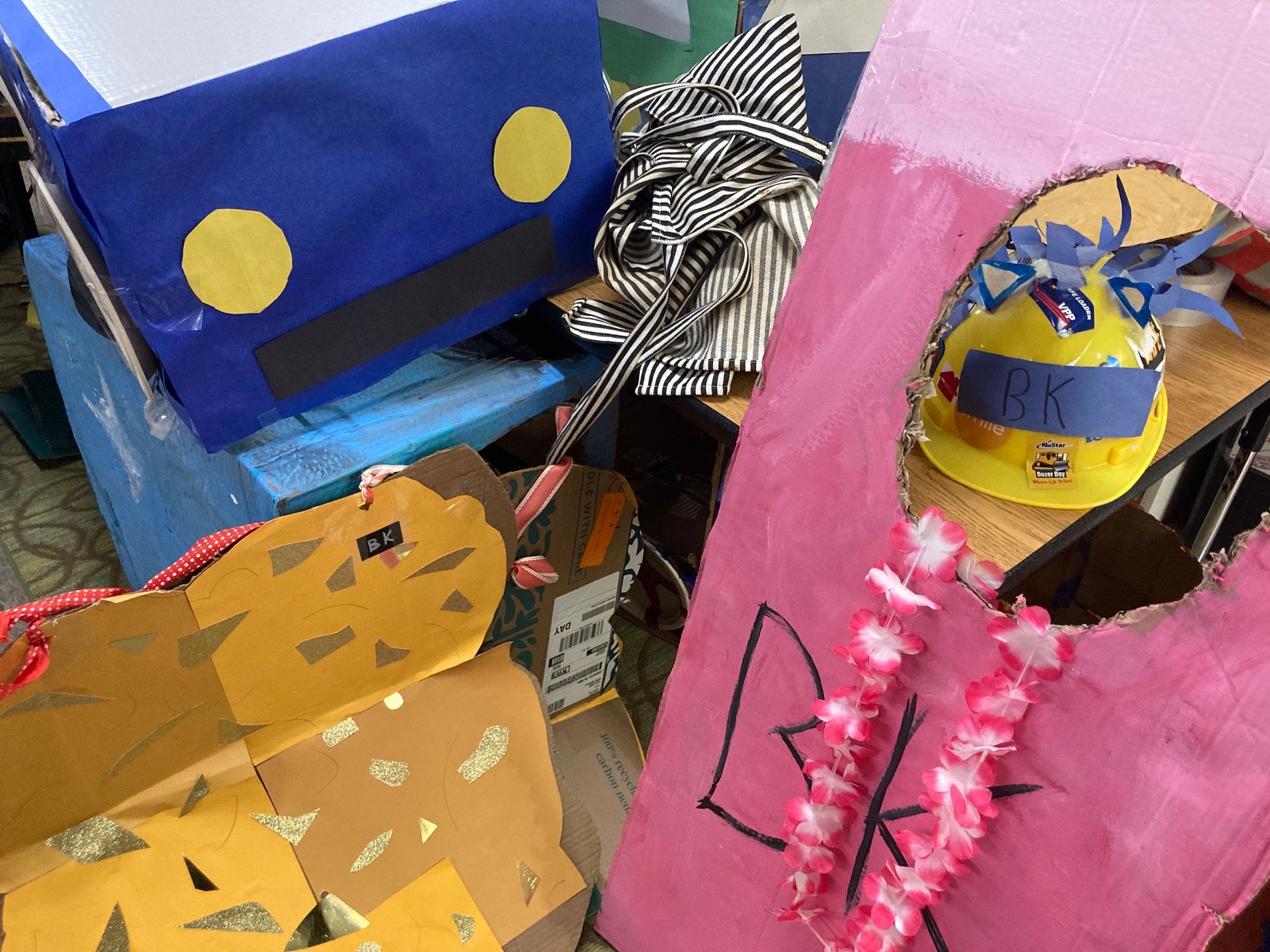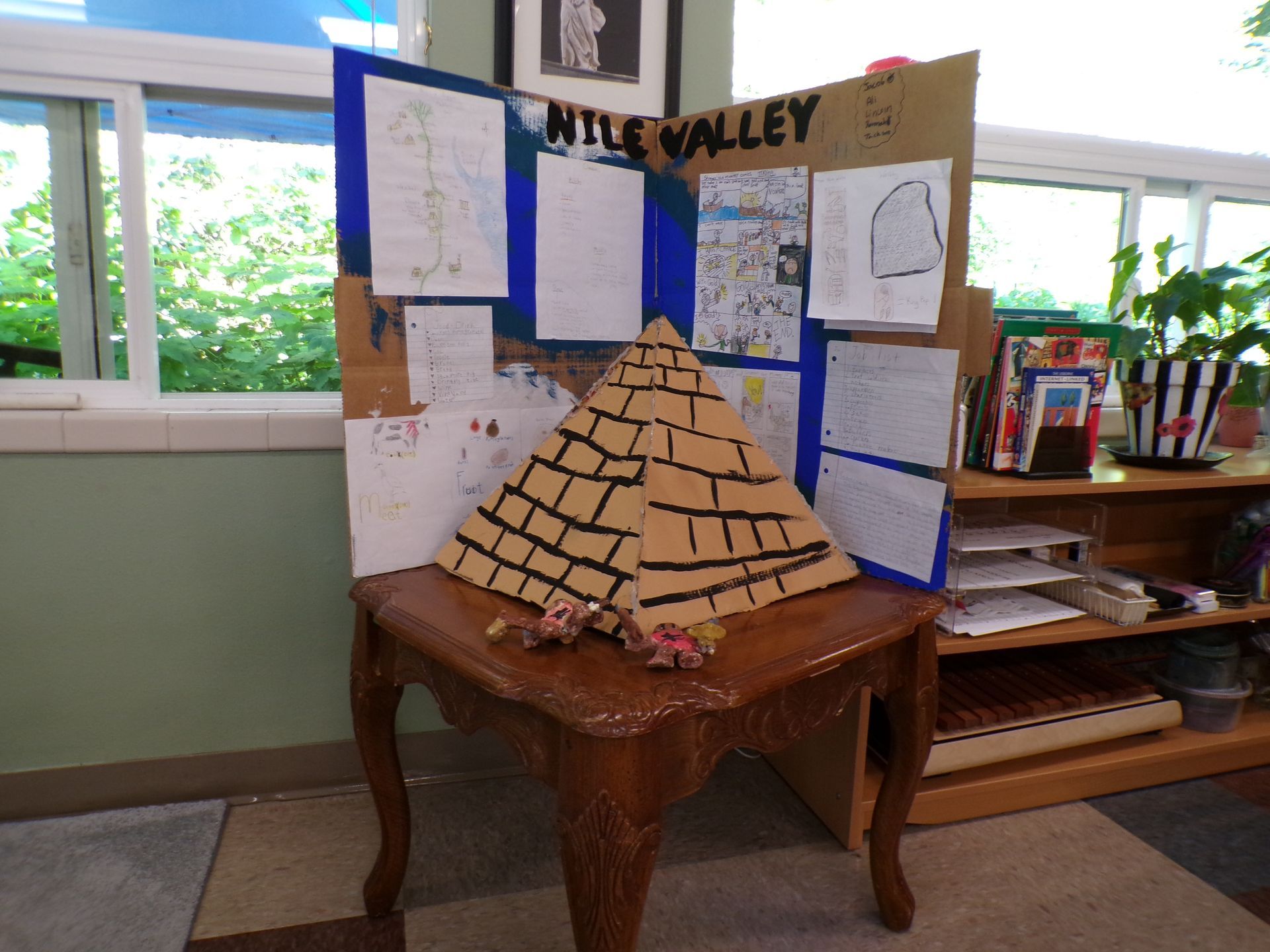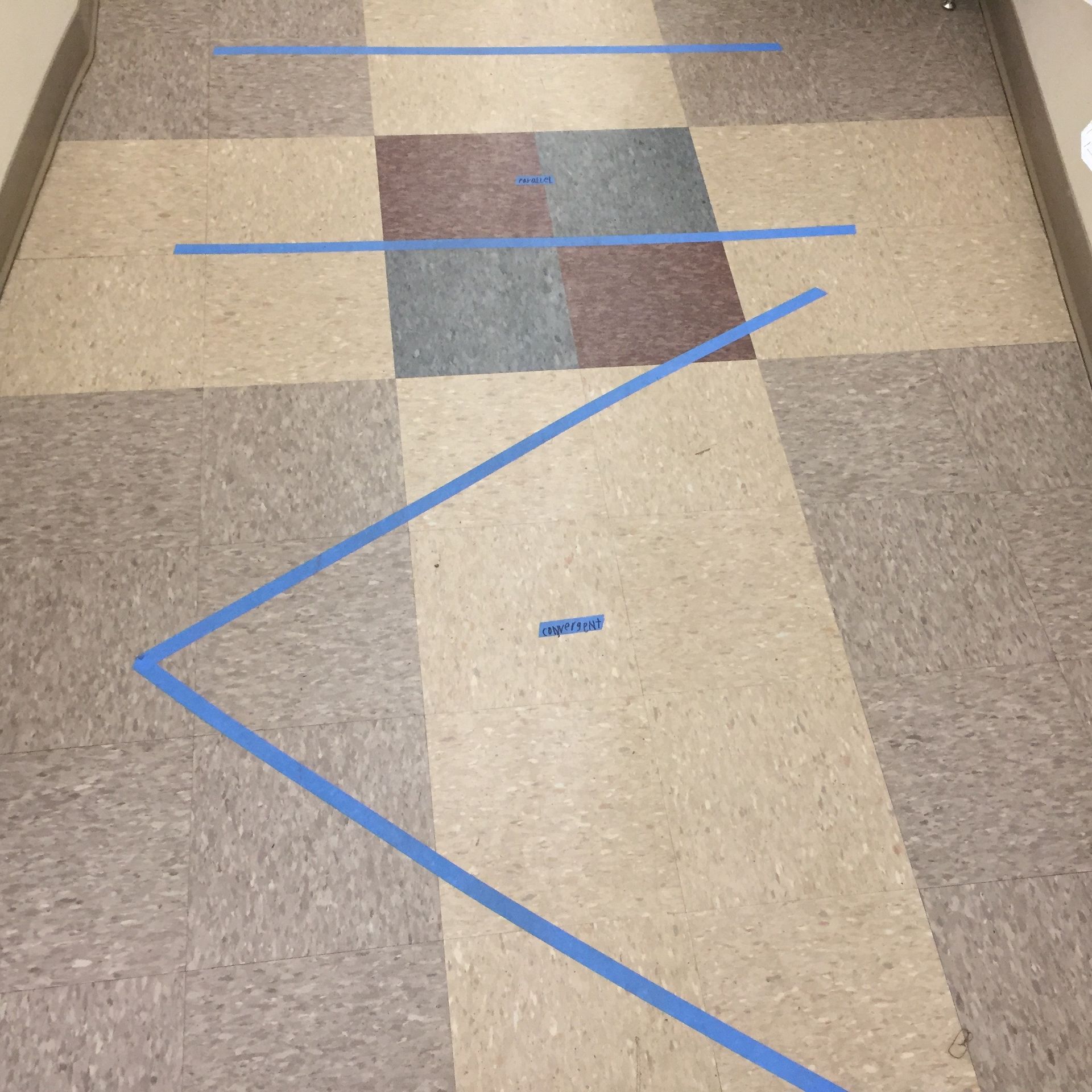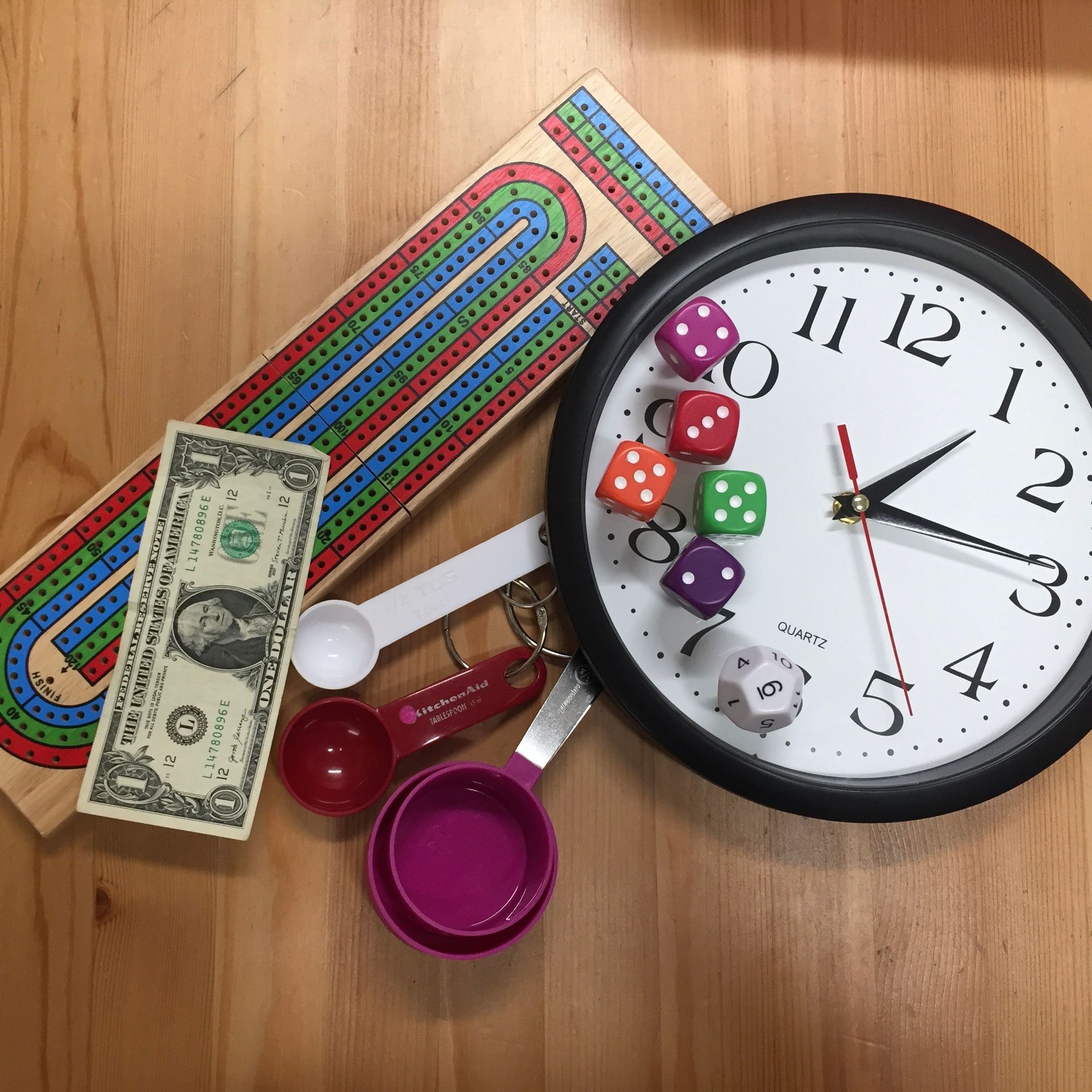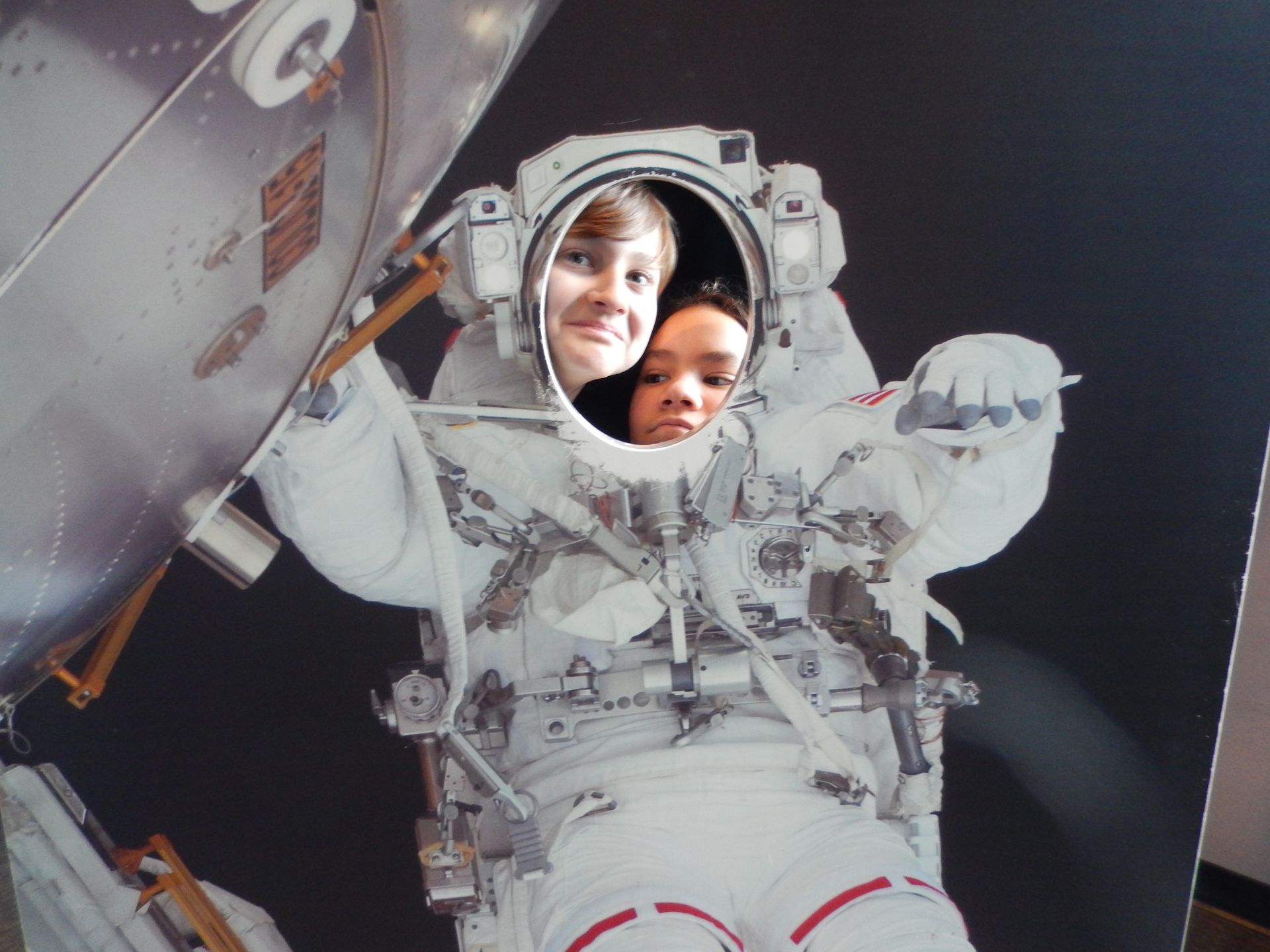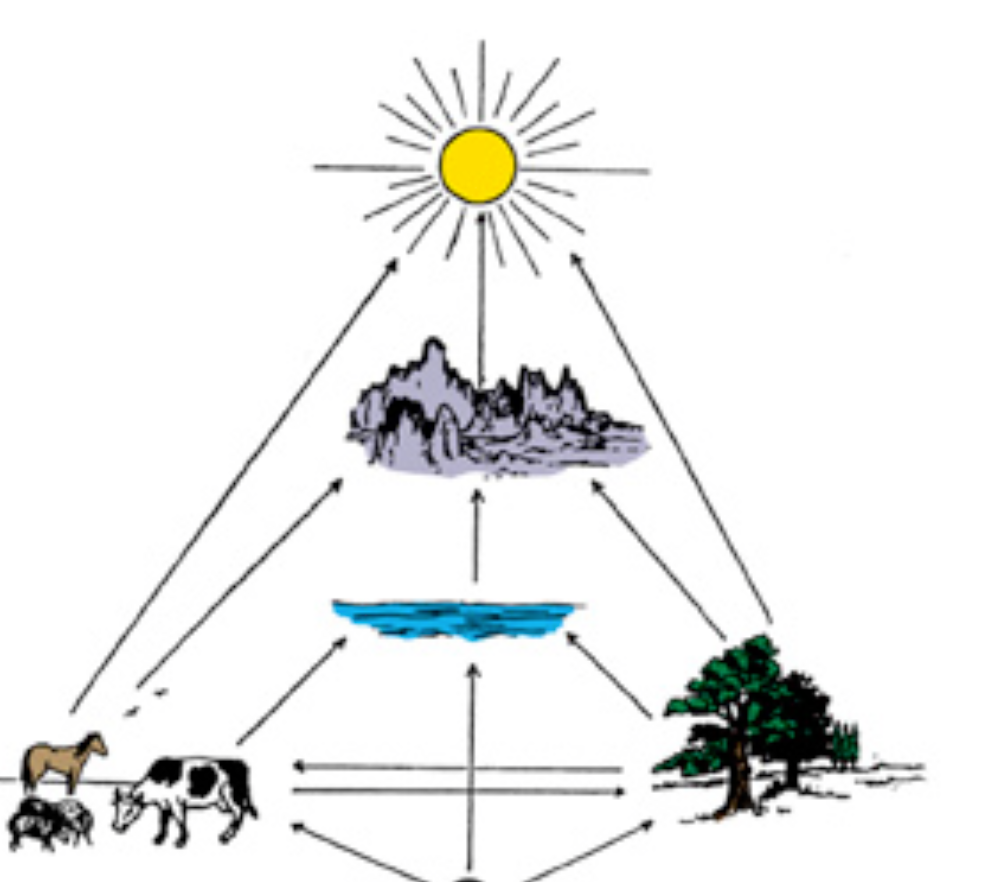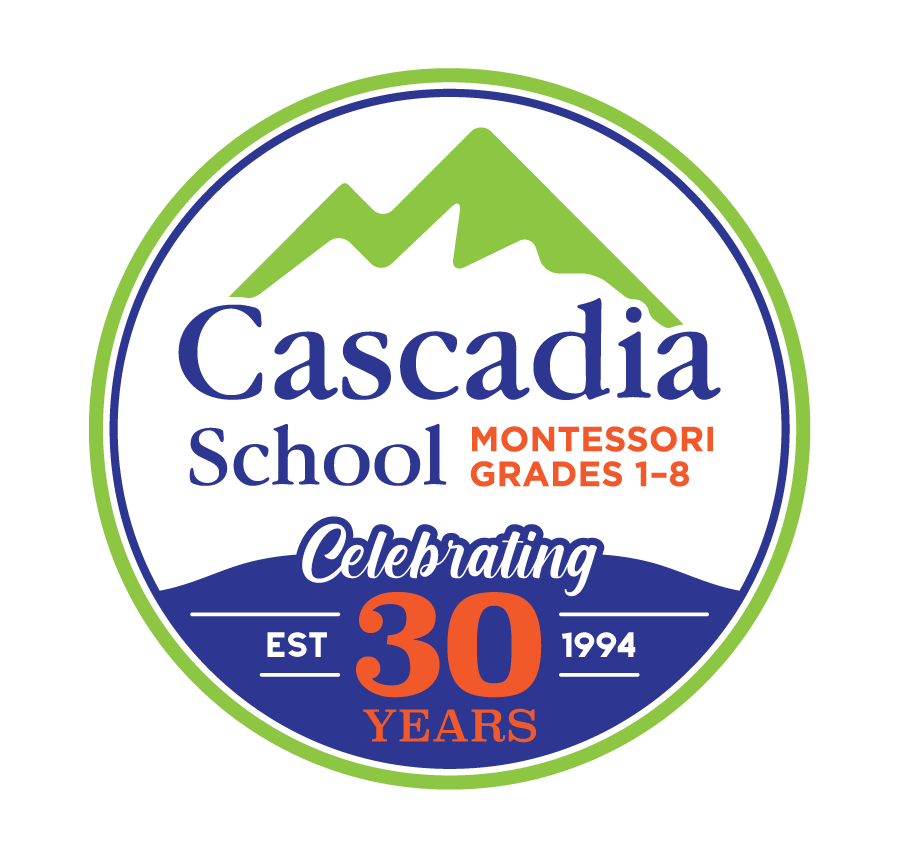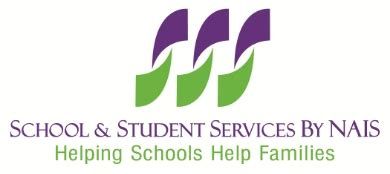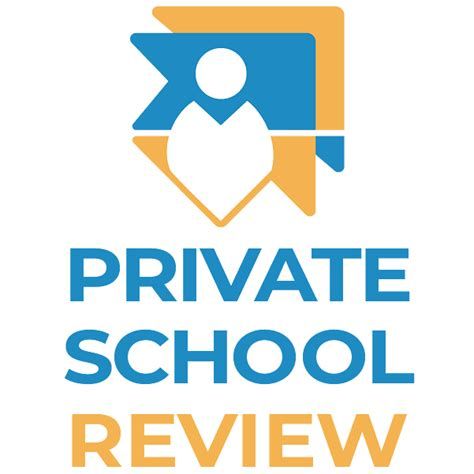Why are 6th years in Upper Elementary and not in Middle School, like in public schools?
The Importance of the 6th Grade Year
Some middle school programs start in 6th grade and many students are curious about this transitional year. Here’s why it’s important to stay in Elementary for that final year.
Culmination of the Childhood Years
The 6th grade year is not only the last year of the elementary cycle; it’s the final year of the second plane of development. Children this age are almost on the brink of adolescence, a period of rapid growth and change. While a 12-year-old child may appear to have entered their adolescent stage, studies have shown this is not always the case. The gap between the child’s physical maturity and their cognitive maturity can contribute to emotional difficulties in the future if they are too quickly moved to an environment in which they are not yet ready. Staying for the final elementary year allows the student to benefit from the stable classroom environment, building upon their social and emotional skills to enter the next phase of their development confidently. By staying in the elementary classroom for their 6th grade year, children have a chance to develop a deeper sense of self-confidence and maturity that will serve them as they enter their adolescent years.
Establishing and Maintaining Relationships
Traditional public schooling rotates the student body annually, with a new teacher and peers each year. Some middle schools have a different teacher and classroom for each subject. This can make it challenging for the child to form meaningful relationships as they are repeatedly trying to assimilate into a new environment. A Montessori classroom gives each child consistency and the opportunity to maintain long-lasting and secure friendships. The child will feel more comfortable seeking out challenging work and grow into leaders of the classroom, making them model citizens beyond their years of education.
Advanced Curriculum
Montessori schools take pride in creating a robust Elementary curriculum that includes challenging opportunities that keep students motivated and engaged. Oftentimes you will find that sixth graders in a Montessori classroom are proficient in work that is far above the 6th grade level in a traditional public school. This is because Montessori does not lead the child into fitting a standardized “mold.” Instead, it takes a more specialized approach, allowing the child to explore at their pace and develop a deep sense of confidence and accomplishment. We champion thoughtful leadership and make sure that no child ever feels bored with the work they have available to them.
An Opportunity for Leadership
Because of the child’s mastery of the Montessori work in the elementary classroom, the 6th grade year is the time when they will take advantage of many leadership opportunities. This is paramount to the Montessori academic and social philosophies. When children teach children, it’s not just about knowledge being shared, but also about cultivating world citizens. Teaching each other is an act of kindness and a way for children to practice helping others around them. Through developing confidence in their work and ability, your child will be able to teach work to the other students and ultimately become a leader within their classroom. This provides them with an excellent foundation for a successful secondary education.


